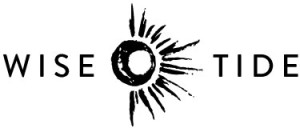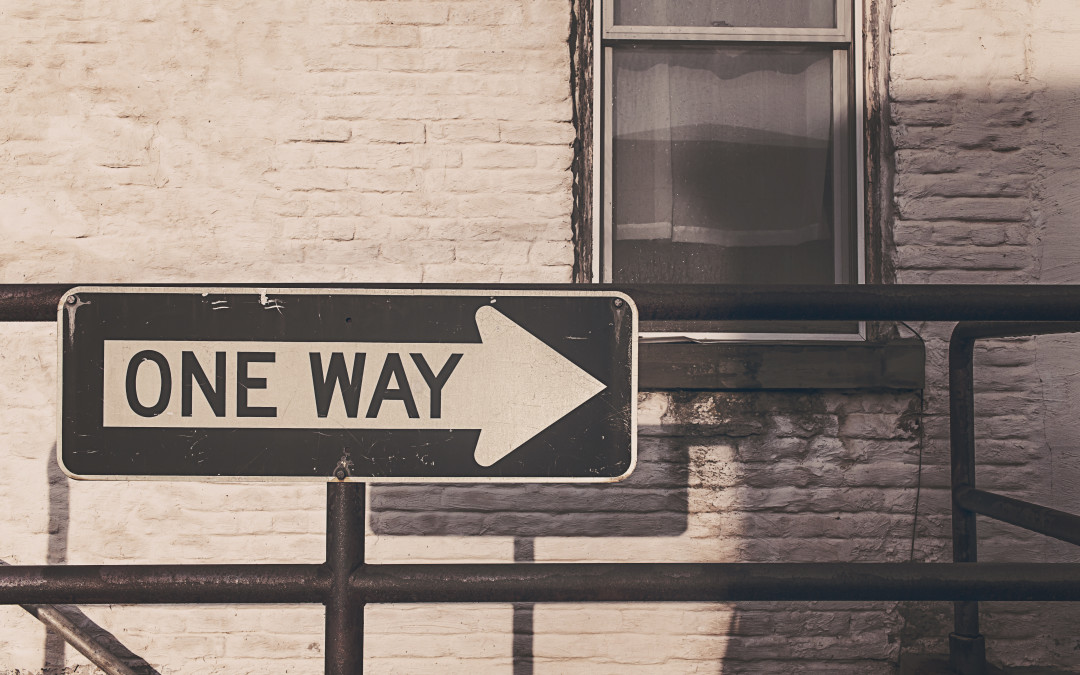We each must find our way in the world. That is Sacred Law. None of us are exempt from this journey.
Finding your way can mean anything: fighting for independence, waking up to the reality of addiction; choosing to have children, choosing not to; dedicating oneself to a religious or social cause, a craft, a career, even a life as a criminal. The list is endless. Some folks call this karma, some call it life.
I am a writer, and one of my favorite exercises is to reduce what feels complex to its simplest and most accessible form. I call this process a simple truth. When I believe I’ve found that truth, I jot it down in the top margins of my notebook. Then I return to it, periodically, to see if my overall message and intention remain focused, to see if my writing has strayed in any way.
You see words and their meaning are very important to me.
That old taunt: “sticks and stones”? The playground mantra that ends with “words will never hurt me?” That’s a lie. And the simple truth about that annoying little phrase is that words do hurt.
And lately, I’ve seen and heard some very hateful words — all in the name of preserving religious and personal freedoms. I won’t go into specifics, but if you’re paying attention, you know what I mean.
I’ve been told to toughen up, develop a thick skin, and not let any of this bother me. It’s tempting.
But as far as I can tell, thick skins are terribly uncomfortable. Thick skins are rigid, scaly, and inflexible like the hard shell of an armadillo. And I know I don’t want to wear that on my back.
Some of you might say, “C’mon, Lynda. That’s just the way it is today.”
I disagree.
However, I do know many people who always wear their armor, who are always ready for a fight. When they encounter someone whose belief system is different from theirs, they are quick to judge and are soon caught up in a violent storm of words (or worse). It happens in nano-seconds on social media sites, so quickly that somehow it has become the norm.
I refuse to participate in that banter. I want to speak and move easily, safely, and freely. I want to relax into the world around me, to know that I have the right and the freedom to be Who I Am. And in that freedom I can see Who You Are. I can get to know you a little and wonder, “What is life like for her? For him? What do they know that I don’t? Where will this journey take them?”
I accept a simple truth about humanity: we are different, yet we are all in this thing together. I still believe that what we do to one, we do to all. More commonly known as the Golden Rule, and more academically known as the Ethics of Reciprocity, this universal truth stands.
From Christianity, Judaism, Islam, Confucianism, Baha’i Faith, Buddhism, Hinduism, Taoism, and religions I’m just now learning about — Jainism and Zoroastrianism — this lesson of ethical reciprocity is taught.
It is Universal.
The words vary slightly, but one simple truth remains: “What is hateful to you, do not to your fellow man. This is the law: all the rest is commentary.” (Talmud, Shabbat 31a)
I like that: all the rest is commentary.
Sources:
Photo by Ryan McGuire, www.gratisography.com


Recent Comments